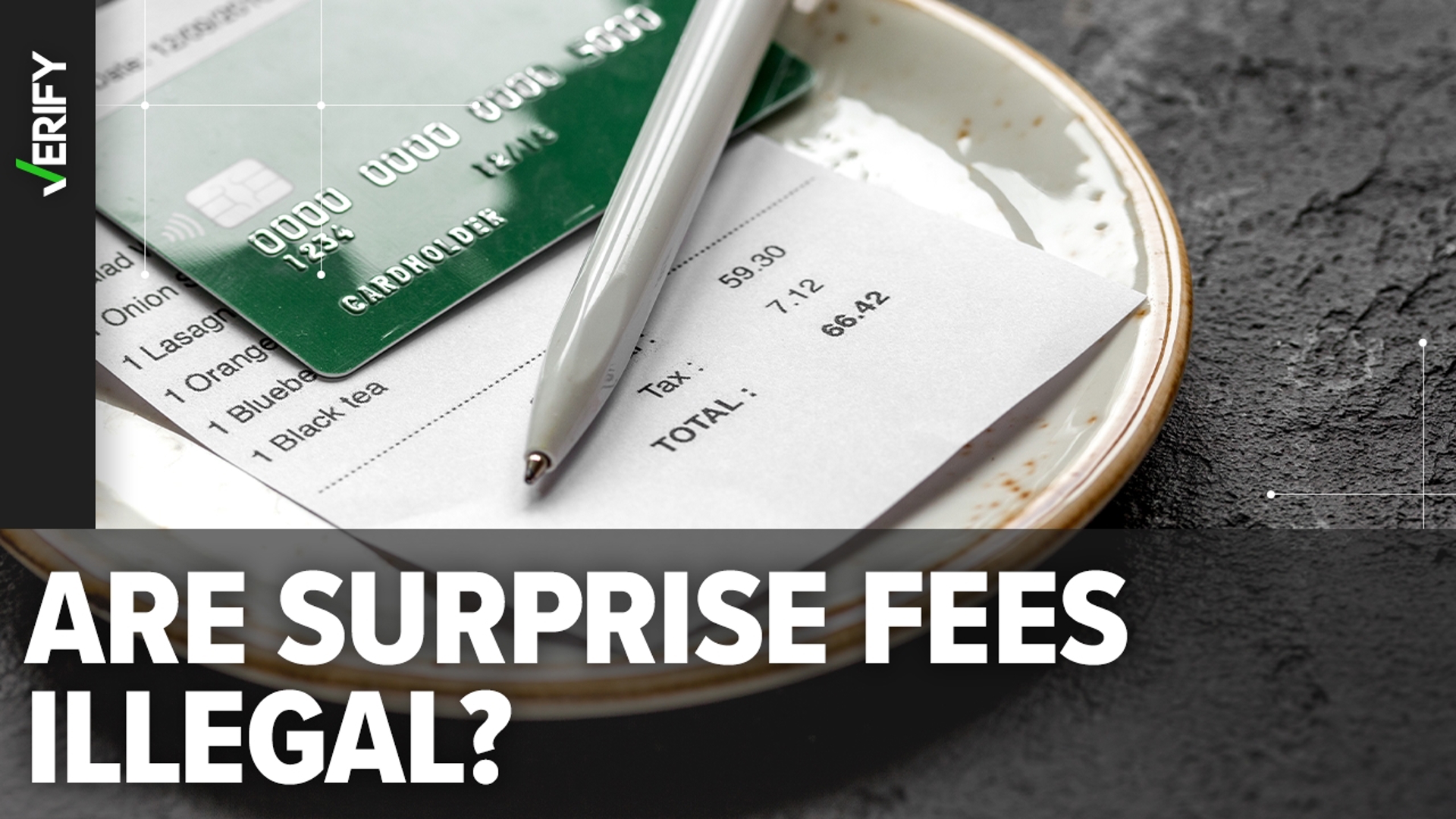WASHINGTON — The idea that lawmakers might overhaul the entire tax system and eliminate income taxes has generated a lot of buzz in recent weeks. It would be a big change, so drastic that many people online are wondering if the proposal is real - and how it would work.
THE QUESTION
Is there really a proposal to replace most federal taxes with a flat sales tax?
THE SOURCES
John Buhl - Urban-Brookings Tax Policy Center
Donald Williamson - American University
FairTax Act advocacy site, Americans For Fair Taxation
AARP on fair tax act
THE ANSWER
Yes: it’s called the FairTax Act of 2023. But what is it, and what impacts would it have?
WHAT WE FOUND
The FairTax Act of 2023 is a republican backed bill aiming to eliminate income taxes.
This isn’t a new concept. The first FairTax Act was introduced in 1999, and there have been many versions since.
The original and the 2023 versions share the same goal - replace the income tax, payroll taxes, and estate and gift taxes with a flat sales tax.
To bring in enough money, that sales tax would be high - 23% in the language of the bill. That 23% is tricky though - it's calculated relative to the final payout, not the pre-tax cost. According to the Institute on Taxation and Economic Policy, the effective rate would actually be 30% - taxpayers owing $30 on every $100 in pre-tax spending.
The change would increase the tax burden on lower-income Americans.
By nature, sales taxes are regressive, meaning they have a heavier impact on lower incomes. That’s in part because people who make less have to spend a greater percentage of that income on necessities - things like rent and food. That’s spending they can’t opt out of.
For example, imagine Person A makes $30,000/year and Person B makes $100,000/year. Both buy $5,000 of food a year. With a 30% sales tax, they each pay $1,500 in taxes on that food. That tax represents 5% of person A’s total income, but only 1.5% of Person B’s income.
While both people pay the same dollar amount for the same goods, lower-income spenders end up losing a greater portion of their income to taxes.
That’s why a flat sales tax actually puts a greater burden on those who make less.
The bill proposes to solve this by sending out “prebates;” checks to offset taxes for some base level of necessary spending. Even then, it’s likely that low and middle-class Americans would still face a higher tax burden.
In order for a sales tax to meet federal budget demands, the Urban Institute’s John Buhl says it would have to apply across the board. That includes spending currently supported by tax credits or exemptions.
Eliminating targeted support programs like the child tax credit could further increase the burden on lower-income households.
One thing to note: since 1999, no version of the FairTax Act has passed into law. Between lacking congressional support and a guaranteed veto from Biden, the 2023 version is unlikely to be different.



